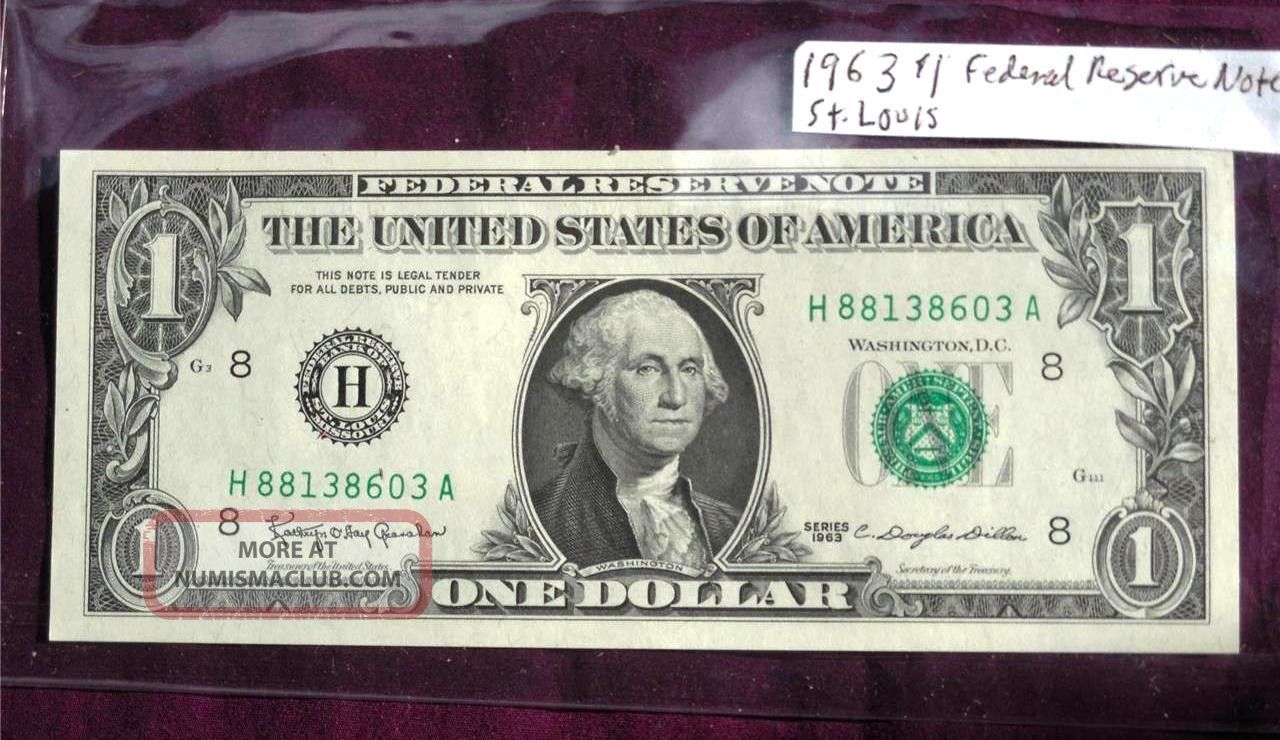
Liberty and Security in Modern Times Amendment V The right of the people to be secure in their persons, houses, papers, and effects, against unreasonable searches and seizures, shall not be violated, and no warrants shall issue, but upon probable cause, supported by oath or affirmation, and particularly describing the place to be searched, and the persons or things to be seized. No soldier shall, in time of peace be quartered in any house, without the consent of the owner, nor in time of war, but in a manner to be prescribed by law. What are the Origins and Interpretations of the Right to Keep and Bear Arms? Amendment III How has Speech Been Both Limited and Expanded, and How Does it Apply to You and Your School? Amendment IIĪ well-regulated militia, being necessary to the security of a free state, the right of the people to keep and bear arms, shall not be infringed.

What is the Significance of the Free Exercise Clause? “For we are sent hither to consult not contend, with each other and Declaration of a fix’ Opinion, and of determined Resolutions never to change it, neither enlighten nor convince us.Congress shall make no law respecting an establishment of religion, or prohibiting the free exercise thereof or abridging the freedom of speech, or of the press or the right of the people peaceably to assemble, and to petition the government for a redress of grievances. Even then Rhode Island and North Carolina held out until after the adoption of a Bill of Rights. Ten months of public and private debate were required to secure ratification by the minimum nine states.


Five months of debate, compromise, and creative strategies produced a new constitution creating a federal republic with a strong central government, leaving most of the power with the state governments. Diverging plans, strong egos, regional demands, and states’ rights made solutions difficult. Although James Madison is known as the “father of the constitution,” George Washington’s support gave the convention its hope of success.ĭivision of power between branches of government and between the federal and state governments, slavery, trade, taxes, foreign affairs, representation, and even the procedure to elect a president were just a few of the contentious issues. When delegates to the Constitutional Convention began to assemble at Philadelphia in May 1787, they quickly resolved to replace rather than merely revise the Articles of Confederation.


 0 kommentar(er)
0 kommentar(er)
